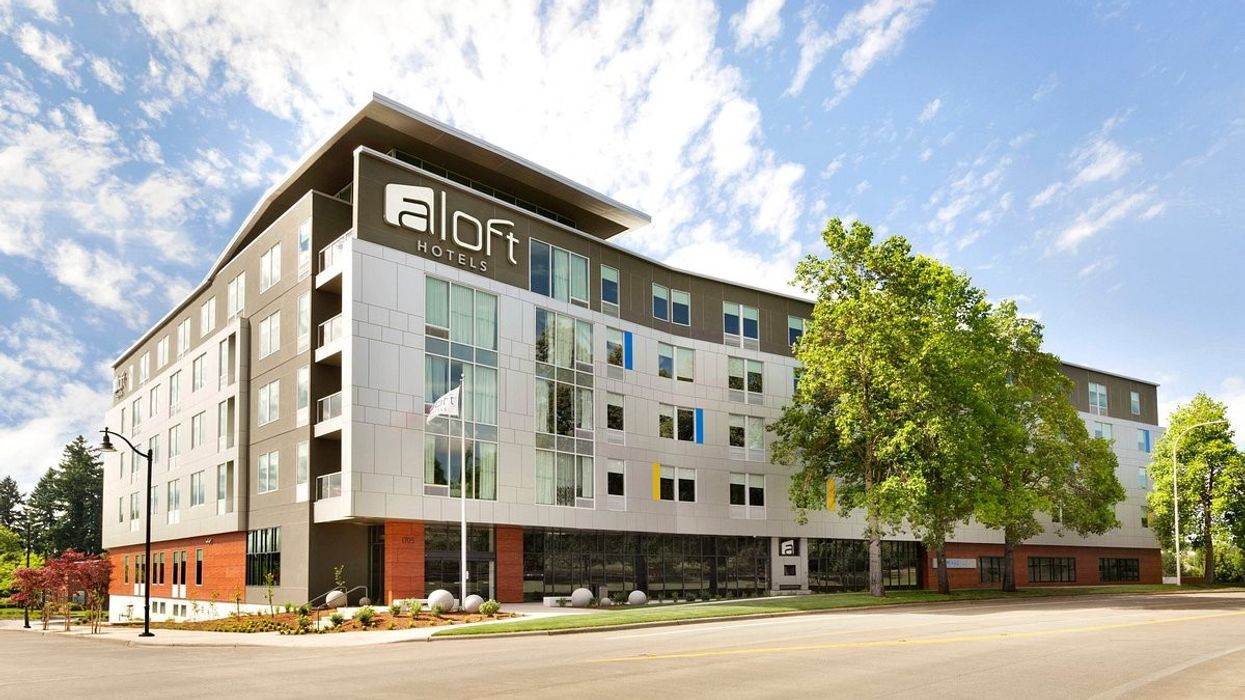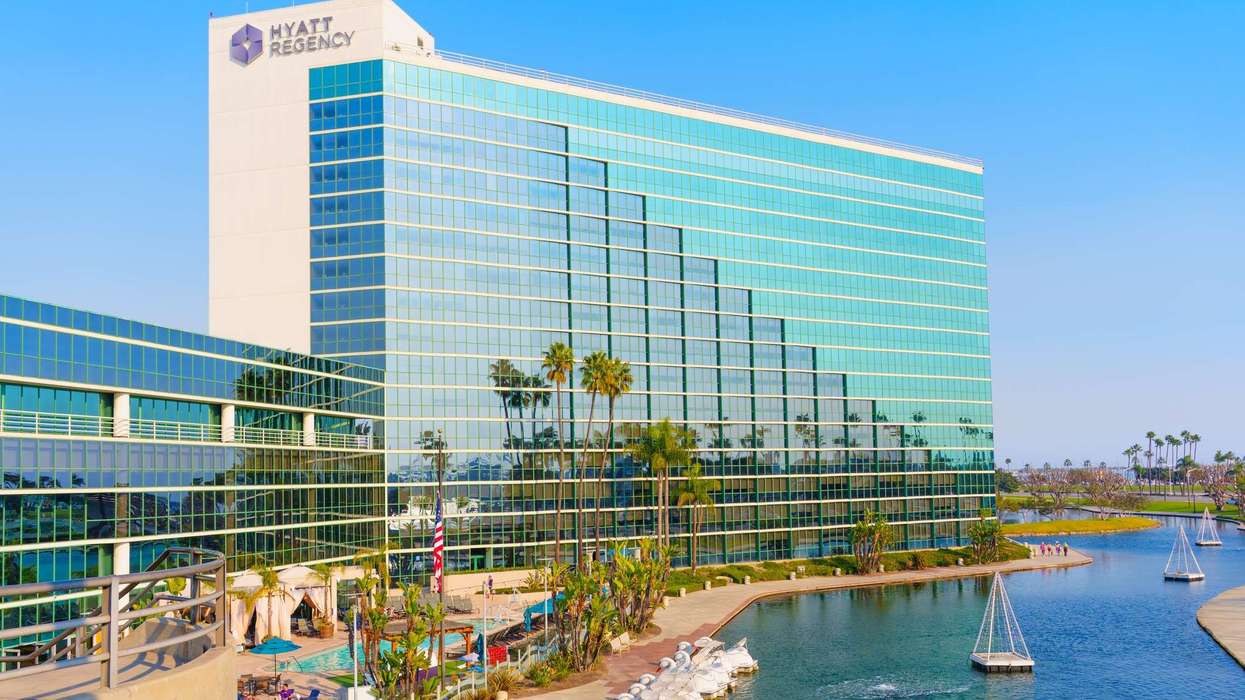PEACHTREE HOTEL GROUP added seven hotels to its portfolio this week for $135 million. Three of the hotels also are part of Peachtree’s third investment partnerships with San Mateo, California-based Verakin Capital led by partners Rupesh and Bimal Patel and Hiten Suraj.
The new acquisitions include 829 rooms and are in five different states, according to Peachtree and its management division Peachtree Hospitality Management, which will operate all seven hotels. The new hotels are:
- The dual-brand Hilton Garden Inn Phoenix Tempe, University Research Park, 120 rooms, and Home2 Suites by Hilton Phoenix Tempe, University Research Park, 108 rooms, in Tempe, Arizona, which were built in 2017.
- Aloft Hillsboro-Beaverton in Hillsboro, Oregon, 137 rooms, built in 2017.
- Hilton Garden Inn Casper, 121 rooms in Casper, Wyoming, built in 2008.
- Home2 Suites by Hilton Eugene Downtown University Area, in Eugene, Oregon, 120 rooms, built in 2016.
- Home2 Suites by Hilton Pittsburgh/McCandless in Pittsburgh, Pennsylvania, 119 rooms, built in 2013.
- Hilton Garden Inn West Lafayette Wabash Landing in West Lafayette, Indiana, 104 rooms, built in 2003.
"These acquisitions are complementary to our existing portfolio of high-quality, well-located assets with strong demand generators," said Brian Waldman, Peachtree's executive vice president, investments. "We experienced an uptick during the second half of 2021 for hotel acquisition opportunities, and these seven properties are a continuation of our strategy to benefit from the ongoing recovery in hospitality."
In January, Peachtree, led by Mitul Patel and Jatin Desai as managing principals along with Greg Friedman as CEO, announced it had accrued a record of $2 billion in total capitalization in 2021 through 140 transactions, including acquisitions, developments, lending and hotel investments.
"The hospitality industry is in a sustained recovery cycle, which is boosting hotel fundamentals," Waldman said. "We continue to believe hotels, which are an effective inflation-hedging investment, will remain among the strongest real estate sectors for investing."
As of March 16, Peachtree manages 81 hotels, across 23 brands with 9,813 rooms located in 18 states.
“We are excited to add these hotels to our portfolio, furthering our growth and footprint across the country,” said Patrick Short, PHM’s president. “These hotels offer exceptional operational value-add opportunities for potentially decreased expenses and increased efficiencies with our property management takeover.”
The Home2 Suites Eugene Downtown University Area, Aloft Hillsboro-Beaverton and Home2 Suites by Hilton Pittsburgh/McCandless are part of Peachtree’s deal with Verakin. It will be the third transaction for the two companies, including the acquisition of two hotels in California in November, for a total of seven hotels in four states.
“We have been able to invest in hotels at below replacement cost and, in some cases, below current market values,” said Rupesh Patel. “By focusing on portfolio investments, we are able to get in at a favorable basis, giving us significant potential appreciation down the road.”
Previous investments made by Verakin include the 81-room Hampton Inn & Suites Paso Robles and the 60-room La Bellaserra Hotel & Suites, in Paso Robles, California. The latter hotel is planned to convert to a Tapestry by Hilton.
“Our strategy of collaborating and co-investing with well-established groups allows us to target multiple assets across many segments and in broader markets,” Patel added. “Sourcing and closing deals have been especially difficult recently, creating a challenging environment for many investors to enter the market. Collectively my partners and I are the highest contributors of the capital raised to-date for our group’s investments, showing our confidence in our strategies and partnerships. Since our inception, the combined forces of our principals have greater access to investment opportunities and cash flow than we did individually, and we want to share these resources with our investor community.”
Patel said the company targets institutional assets in strategic markets and prefers co-investment opportunities in premium-branded, select-service hotels and compact full-service hotels where it can create value through operations, renovations or other components.
“Relationships are the keystone of our business strategy, and we believe in transparent growth with our network of like-minded investors who trust our stewardship of their investments. Our ultimate goal is to help our network gain access to attractive real estate investments and build their own long-term wealth while we strengthen the foundations of Verakin,” Patel said. “We currently are focusing on existing relationships with longtime associates. We believe we have created a strong group of like-minded investors that will continue to collaborate in various ways and potentially create new enterprises moving forward.”






